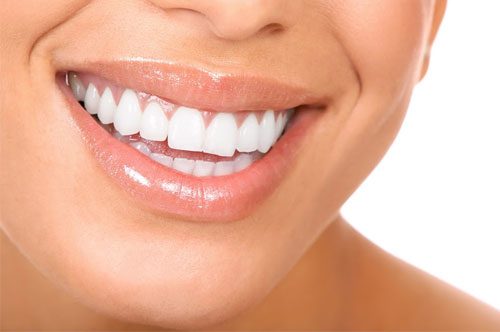The temporomandibular joint, or TMJ, may be small, but its health and functionality is vital to your quality of life. Connecting the upper and lower jaws, it kicks into use every time you chew, talk, yawn, or laugh. And when it is in pain, it is impossible to ignore.
If you have been experiencing TMJ pain, call Highland Advanced Dental Care of Highland Township, MI at248-329-3552. We have TMJ therapies that will enable the joint to heal and you to get your life back.
What is TMD?
TMD is short for temporomandibular joint disorder. If you have pain or problems stemming from the TMJ, that is a form of TMD. Even though all TMD cases are rooted in the same little joint, symptoms may vary quite a bit. If you have a combination of the following issues, it’s a good bet you have a TMJ problem.
- A clicking, popping, or grating sound when you open or close your mouth
- Pain or tenderness in the jaw joint or surrounding muscles
- Swelling in the jaw area
- Difficulty or pain while chewing
- A jaw that sticks or locks in place
- Migraines or headaches
- Earache, but no infection
- Exhaustion or chronic aching of the face
- Soreness in the neck, shoulders, or upper back
Do these signs sound familiar? Don’t just put up with the discomfort. Call Highland Advanced Dental Care at 248-329-3552 to book an appointment.
What’s Causing My TMJ Pain?
TMD is one of those things that’s not so clear cut. While we know of many factors that can cause or contribute to the disorder, we can’t always know the medical reason behind a specific case. Here are some of the factors that may be at play:
- The soft disk that provides smooth gliding action in the joint may move or degrade.
- Arthritis or other connective tissue diseases may cause the cartilage to disintegrate.
- Traumatic injury may damage the cartilage or disk.
- Habitual clenching or grinding of the teeth, or bruxism, can wear down the joint. Often, you may not even be aware you have bruxism, especially if your teeth-grinding tends to happen in your sleep.
- Stress can contribute to bruxism.
- Women between the ages of 18 and 44 are at the highest risk of developing TMD.
- Poor posture may contribute to TMJ disorder.
- If you have a misaligned jaw or bad bite, that can lead to problems with the TMJ.
How Can I Relieve My TMJ Pain?
At home, there are several steps you can take to at least temporarily relieve TMJ pain. Over-the-counter pain relievers and anti-inflammatories may help. An ice pack over the joint will reduce discomfort and swelling. Avoid chewing gum or eating hard foods that tax the joint. Gently massaging or stretching the area can make it feel better. And attempt to reduce sources of stress. Less tension, less bruxism, less pain.
How Will Dr. LoCascio Get Rid of My TMJ pain?
Dr. LoCascio can craft a bite splint custom-fitted to your mouth. This mouthguard-like appliance, which you will wear to bed every evening, prevents you from unconsciously grinding and clenching your teeth at night. It also protects your tooth enamel, and positions your jaw in such a way that the pressure is taken off the TMJ. This gives the joint time to heal as you sleep.
The doctor can also advise you on muscle relaxation techniques and lifestyle changes to help halt bruxism and promote a healthy TMJ.
TMJ disorder doesn’t have to be part of your life. If you live in or around Highland Township, MI and have been experiencing pain or other symptoms, it’s time to do something about it.
To book an appointment with Dr. LoCascio at Highland Advanced Dental Care, call our office at 248-329-3552. Or fill out our web form, and we will get back to you promptly.
Visit Highland Advanced Dental Care
We can see you as soon as tomorrow!





